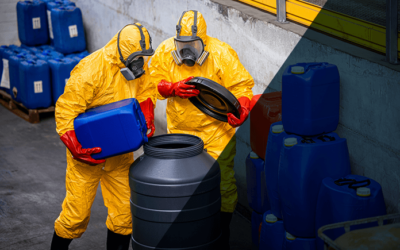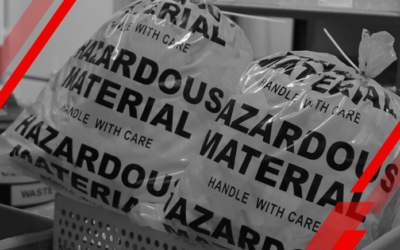Discover how MCF Environmental simplifies hazardous waste management with expert services and innovative solutions. Ensure compliance, safety, and sustainability today!
Service Request
Have waste that requires compliant handling or disposal? Fill out our service form and an MCF Environmental Representative will get back to you quickly with next steps!
Please note we do not provide disposal services for household waste


















